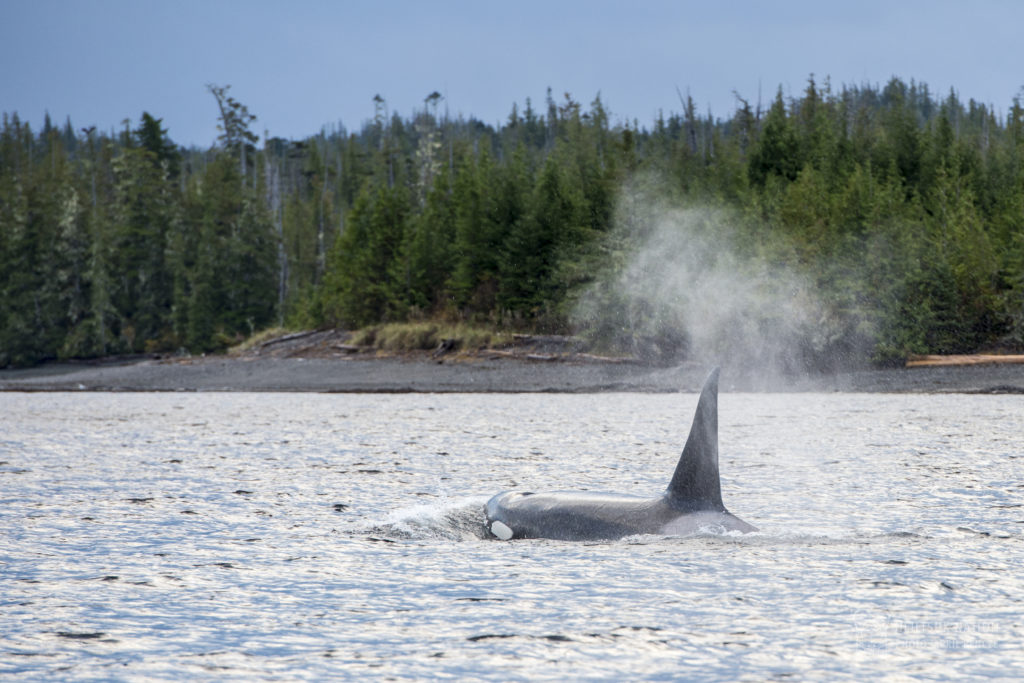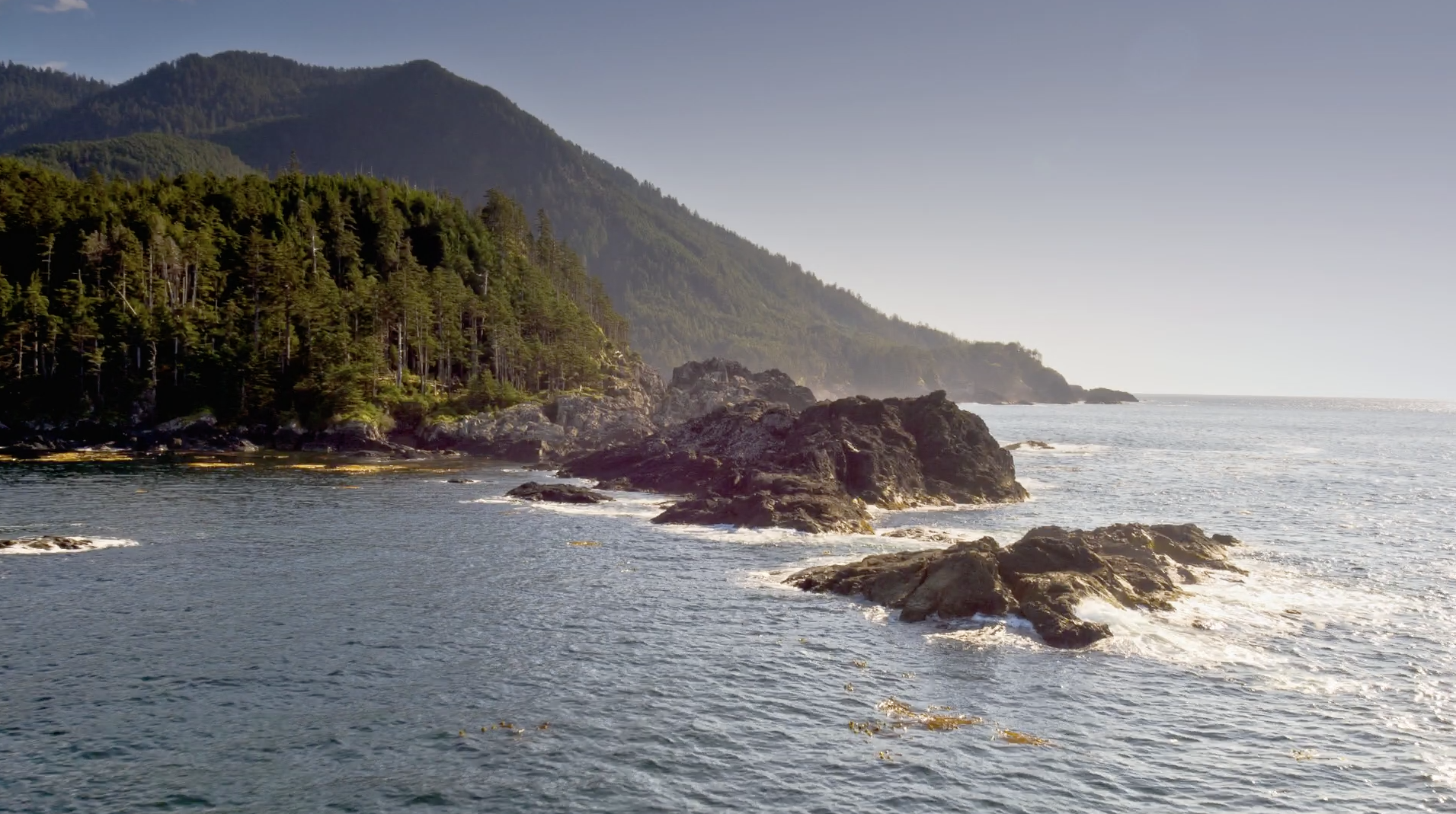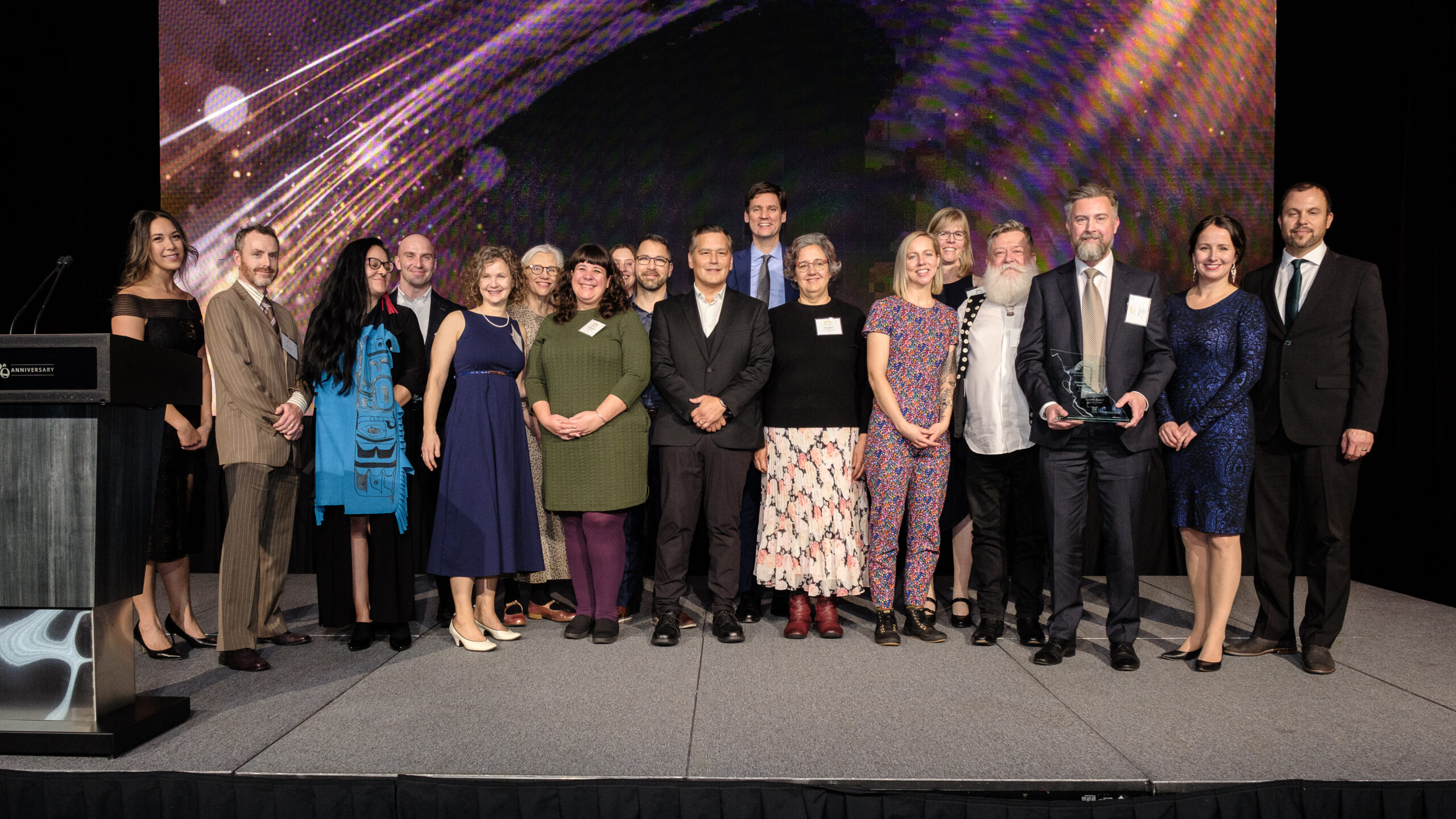Media Release from the Heiltsuk Nation
Ottawa – The Heiltsuk Nation has asked the Supreme Court to open the door to recognizing the role of Indigenous nations in protecting the environment through their own laws, as the Court deliberates on whether BC has jurisdiction to enact measures to regulate the transport of oil through the province.
The BC Court of Appeal previously ruled that the province does not have jurisdiction to regulate spills of oil transported from another province, which could entrench potential gaps in federal environmental protection regimes that affect Indigenous lands and waters.
The Bitumen Reference, as the case is known, was heard by the Court on January 16, 2020. This case, Attorney General of British Columbia vs Attorney General of Canada, will determine the constitutionality of BC’s proposed legal changes to ensure greater accountability for oil transport through the province.
Heiltsuk Nation was one of three First Nations that intervened in this important case. The Heiltsuk have first-hand experience of the nature of the legal gaps in federal oil spill laws that make a lack of provincial jurisdiction undesirable, which they brought to the attention of the Court.
Heiltsuk concerns about these gaps stem from their experience with the grounding of the Nathan E. Stewart tug-barge off Bella Bella on BC’s North Coast on October 13, 2016. The tug-barge spilled 110,000 litres of diesel and other pollutants into Gale Pass, an important Heiltsuk harvesting, village, and cultural site. The community continues to fight to recover from the spill over three years later.
The Heiltsuk argued that the lack of clear provincial authority for the oil spill has contributed to their struggle to recover. A better approach would be to recognize the important role that the province plays in protecting the environment. Moreover, as another order of government, the Heiltsuk have had to apply their own laws to manage recovery from the spill.
The Heiltsuk are asking the court to acknowledge the important and practical role that Indigenous peoples play in environmental protection, and open the door to a role for Indigenous laws to protect the environment within Indigenous territories.
“We believe that there are not just two, but multiple orders of government who are tasked with caring for our environment,” said Marilyn Slett, Chief Councillor of the Heiltsuk Nation. “As Indigenous peoples, our culture, identity and laws are based upon our relationship to the lands and waters. Canadian law needs to acknowledge this reality.”
Quotes:
“Our experience with the failed clean up of the Nathan E Stewart is a key example of why we need all governments to play a role in regulating oil spills.”
“Ever since the Nathan E. Stewart damaged our harvesting areas and our community, we’ve been seeking redress in the Crown legal system. Asking the Supreme Court to acknowledge that there is a role for Indigenous peoples in environmental protection is a reflection of our everyday reality.”
– Marilyn Slett, Chief Councillor, Heiltsuk Nation
“Now is not the time for an impoverished interpretation of the Constitution. Indigenous nations such as the Heiltsuk are an order of government that play a key role in protecting the environment. In the case of the Nathan E. Stewart, the Heiltsuk experienced gaps in the federal oil spill response regime. We’ve asked the Supreme Court to recognize this reality as it deliberates on the proposed legislative amendments.”
– Lisa C. Fong, Q.C., lawyer for Heiltsuk Tribal Council
For more information, or to arrange an interview:
Marilyn Slett, Chief Councillor, Heiltsuk Tribal Council
250-957-7721
Lisa C. Fong, Q.C. lawyer, Heiltsuk Tribal Council
604-617-1918


